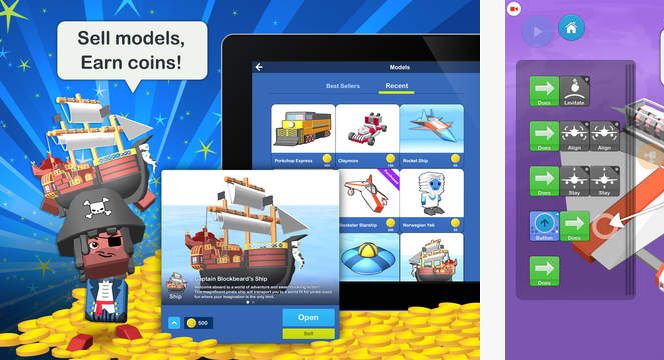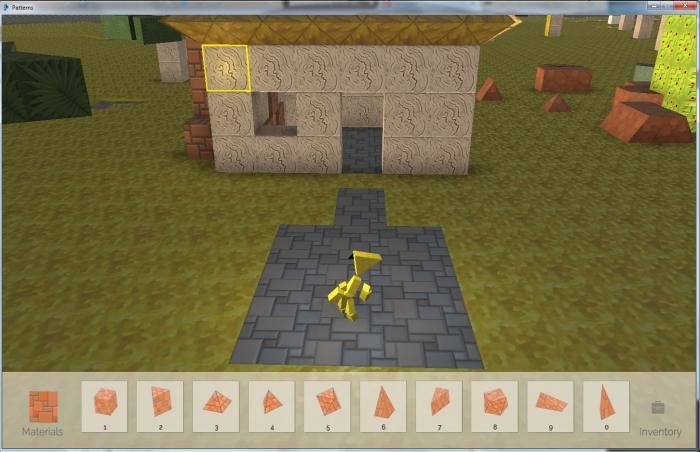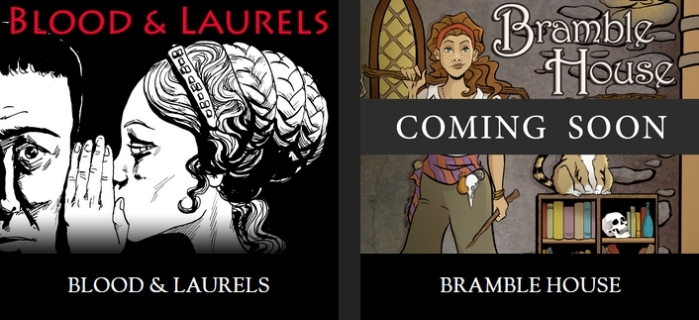
Update July 2020: on June 17th, 2020, the Blocksworld servers were shut down and the dedicated website closed, presumably as a part of the work in transitioning LL services to AWS. The app was removed from the Apple Store around the same time, and from Steam at the start of July 2020.
Linden Lab has confirmed it has “paused” development and promotion of its iOS sandbox app, Blocksworld.
For those unfamiliar with it, Blocksworld has been a part of the Lab’s product stable since 2013. Initially developed by a trio of Swedish guys calling themselves Boldai AB, it was acquired by Linden Lab at the time the company was looking to broaden its product offerings under the stewardship of former CEO Rod Humble. This effort encompassed:
- The in-house development of games like Creatorverse (Android and iOS, 2012-2013 – now defunct) and Dio (browser based, 2013-2014 – now defunct)
- The acquisition of companies and their products (LittleTextPeople and Versu, 2012 – IP released back to the original developers), 2015; and Boldai AB with Blocksworld).
- Partnering with Free Range Games to produce Patterns (2012-2014, still available via Steam, but only in “off-line” mode, no shared worlds).
- A short foray into owning a games distribution platform through the acquisition of Desura (2013-2014, sold to Bad Juju Games).
Since its launch, the game has been steadily developed and has performed reasonably well – including gaining some brand support through Hasbro (with their G.I. Joe brand).
More recently, the Lab made it available through web browsers (although it never really worked well in Firefox) and through the Steam Early Access programme. As a part of the Lab’s product family, it has always appeared on the More Products listing at the foot of the secondlife.com web pages – which is how I found something may have changed.

In looking at my SL dashboard at secondlife.com on July 3rd, I noticed Blocksworld was no longer listed, leaving only Sansar. I also noticed the two websites associated with Blocksworld either redirected back to the Lab’s corporate website (in the case of blocksworld.com) or had an expired security certificate issue (playblocksworld.com).
Over the course of July, the footer area of the secondlife.com pages have continued to be revised so they focus on SL, Sansar and Tilia and appear to leave little or no room for Blocksworld to make a return. Nevertheless, the game continues to be available on the Apple Store App Preview, and on Steam Early Access, and to appear on the Lab’s product page.

All of which made me wonder what was going on, so I reached out to the Lab in early July to ask. It took a little time to get a reply, and when it did come in, it was a little short, considering the length of time it took for it to arrive:
Our primary focus continues to be on Second Life and Sansar, so we’ve paused new development and promotion for Blocksworld. However, Blocksworld continues to be available in the App Store as it still has a healthy amount of users and many people continue to enjoy it.
Which is fair enough to a point. When one considers the Lab is now engaged in developing an iOS “companion” app for Second Life, then possibly stepping back from working on Blocksworld (assuming the skills used to develop Blocksworld are indeed still at the Lab) allows in-house iOS talent to be re-directed towards this new SL companion app.
Even so, something of a nagging doubt remains, for two reasons:
- The last significant update to Blocksworld was March 2018 – well before any work started on an iOS app for Second Life. This tends to suggest the app’s development cycle had perhaps already reached a ceiling in terms of resources at the Lab.
- Also, if skill sets have indeed been diverted away from Blocksworld to focus on the SL iOS, then they are potentially going to be re-directed for some time, simply because of the amount of time app development and enhancement takes.
So it’s hard not to wonder what the future might actually hold for Blocksworld. How long is the pause likely to be? Is there a risk that – given the amount of time since the last update – this “pause” might also stall the apps ability to acquire / retain users? If so, what then?
Will it be considered to still be a worthwhile enough revenue generator to warrant future development, or at least on-going support? Or might it come to be seen as a nice little app that has run its course, left to slowly fade away over time? I’m hoping for the former, and will continue to try to keep a check on it, even if it only sates my own curiosity!











